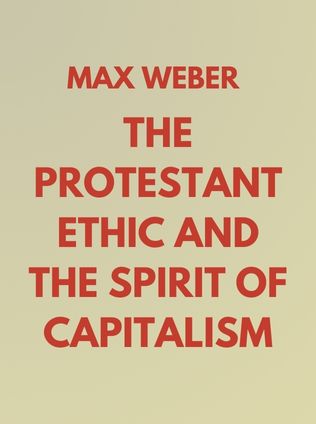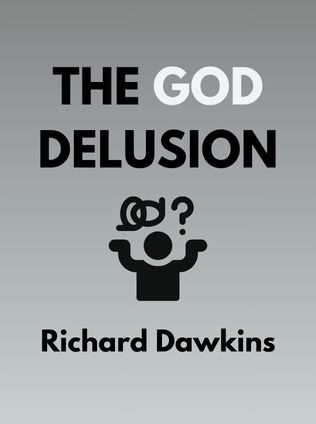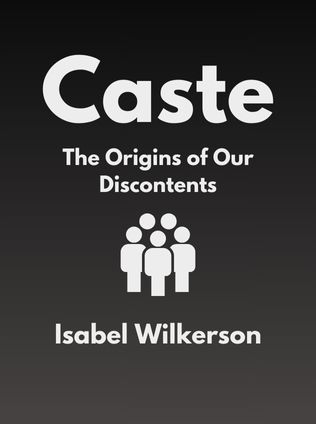
The Protestant Ethic and the Spirit of Capitalism
By Max Weber
Published 11/1904
About the Author
Max Weber, born in 1864 in Prussia, was a German lawyer, historian, and sociologist, who is widely regarded as one of the founders of modern sociology. Weber's intellectual curiosity and methodological rigor led him to explore the intricate relationships between religion, economics, and society. His work on "economic sociology," a field he essentially pioneered, delves into how cultural beliefs shape economic behaviors and vice versa. One of his most influential contributions to this field is The Protestant Ethic and the Spirit of Capitalism, published in 1905. This groundbreaking text is often compared to the writings of Karl Marx, though Weber's approach differs significantly by focusing on the influence of ideas and culture rather than purely material conditions.
Main Idea
In The Protestant Ethic and the Spirit of Capitalism, Weber seeks to answer a fundamental question: Why did modern capitalism emerge predominantly in Western Europe and North America? He observes that in these regions, particularly among Protestants, there was a unique approach to work, money, and morality that seemed to align with the development of capitalist economies. Weber argues that the Protestant Reformation, a 16th-century European religious movement, played a crucial role in fostering the cultural conditions necessary for capitalism to flourish. Specifically, he contends that the "Protestant ethic"—a set of values emphasizing hard work, frugality, and a systematic approach to life—gave rise to the "spirit of capitalism," a modern capitalist's distinct morals and way of life.
Table of Contents
- Introduction to the Protestant Ethic
- Weber's Question and Answer
- The Protestant Reformation: A Catalyst for Change
- Martin Luther and the Concept of the Calling
- John Calvin and the Doctrine of Predestination
- The Ascetic Lifestyle: Rationalization and Systemization
- The Birth of the Spirit of Capitalism
- The Secularization of the Protestant Ethic
- Critical Perspectives and Responses
- Conclusion: The Legacy of Weber's Thesis
1. Introduction to the Protestant Ethic
Weber begins by observing that in Western Europe and America, Protestants were disproportionately represented among business owners, skilled workers, and economically successful individuals. This observation led him to question whether Protestantism itself contributed to the development of modern capitalism. Unlike previous economic systems, capitalism required a certain mindset—one that valued continuous work, rational planning, and the accumulation of wealth for its own sake. Weber's exploration of this mindset led him to the concept of the "Protestant ethic," which he argues laid the foundation for the capitalist spirit.
2. Weber's Question and Answer
The central question Weber poses in his work is: "Why are Protestants distinctly prosperous?" To answer this, he examines the historical and religious developments that differentiated Protestant societies from their Catholic counterparts. Weber argues that the Protestant Reformation instilled a unique set of values in its followers, particularly in their approach to work and money. The Protestant ethic, characterized by a disciplined, ascetic lifestyle, created a fertile ground for the development of capitalism. This ethic emphasized hard work, frugality, and the rational pursuit of one's calling—all of which aligned with the emerging capitalist economy.
Weber's answer to his question is multifaceted. He contends that the Protestant ethic influenced the spirit of capitalism on two levels: First, Protestant beliefs and morality shaped capitalist beliefs and morality. Second, the practical lifestyles of Protestants influenced the habits and lifestyles of capitalists. He explains that this ethic did not arise by accident but was deeply rooted in the religious doctrines of Protestantism, particularly those of Martin Luther and John Calvin.
Sign up for FREE and get access to 1,400+ books summaries.
You May Also Like
Rich Dad Poor Dad
What the Rich Teach Their Kids About Money - That the Poor and Middle Class Do Not!
By Robert T. KiyosakiFreakonomics
A Rogue Economist Explores the Hidden Side of Everything
By Steven D. Levitt and Stephen J. DubnerHeaven Is For Real
A Little Boy's Astounding Story of His Trip to Heaven and Back
By Todd BurpoFactfulness
Ten Reasons We're Wrong About the World – and Why Things Are Better Than You Think
By Hans Rosling



















